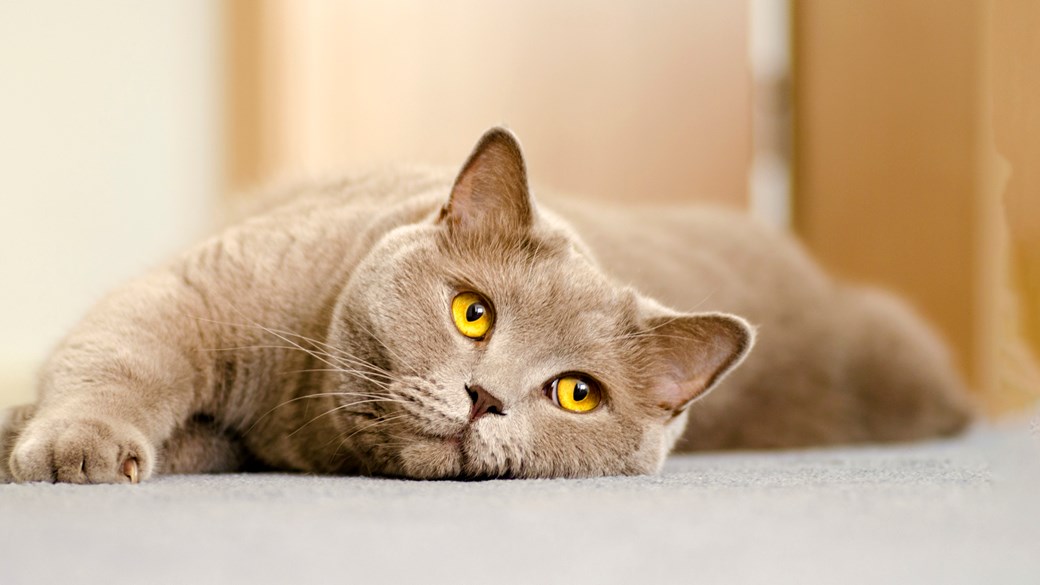
Dealing With Hyperthyroidism In Your Pet
Hyperthyroidism is a very common disorder in older cats
Rarely seen in younger cats, hyperthyroidism is a condition that speeds up your cat’s metabolism which puts a strain on your pet’s body. Weight loss and an increased appetite are two of the most common signs of an overactive thyroid gland.
Read more about hyperthyroidism
Hyperthyroidism occurs if your cat’s thyroid gland starts producing too much of a hormone called thyroxine, or T4. This hormone regulates the speed of your pet’s body processes, but too much of it can result in a system that runs too fast and demands excessive amounts of energy.
Because the animal’s system is using too much energy, weight loss and an increased appetite are typical of hyperthyroidism. Unfortunately increased appetite is often perceived as a good sign in older cats. Other signs to watch out for include restlessness, increased vocalisation, vomiting and a lacklustre, matted coat.
If you think that your cat has one or more of the signs then get in touch with your local Companion Care. We will perform a full clinical examination and might test for the condition by measuring T4 in the blood. If diagnosed there are a range of treatment options that we will discuss with you including medical management with drugs, surgical removal of the thyroid gland, a prescription diet, or therapy with radioactive iodine.
